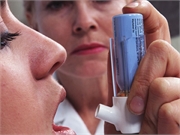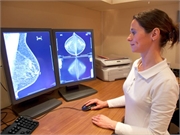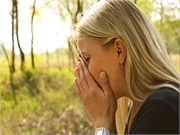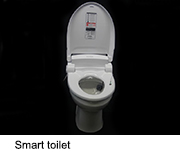
The lifesaving benefits of strict social distancing rules during the coronavirus pandemic far outweigh their projected harm to the U.S. economy, a new report claims. “Our benefit-cost analysis shows that the extensive social distancing measures being adopted in the U.S. likely do not constitute an overreaction,” said lead author Linda Thunstrom, an assistant professor of… read on >


















